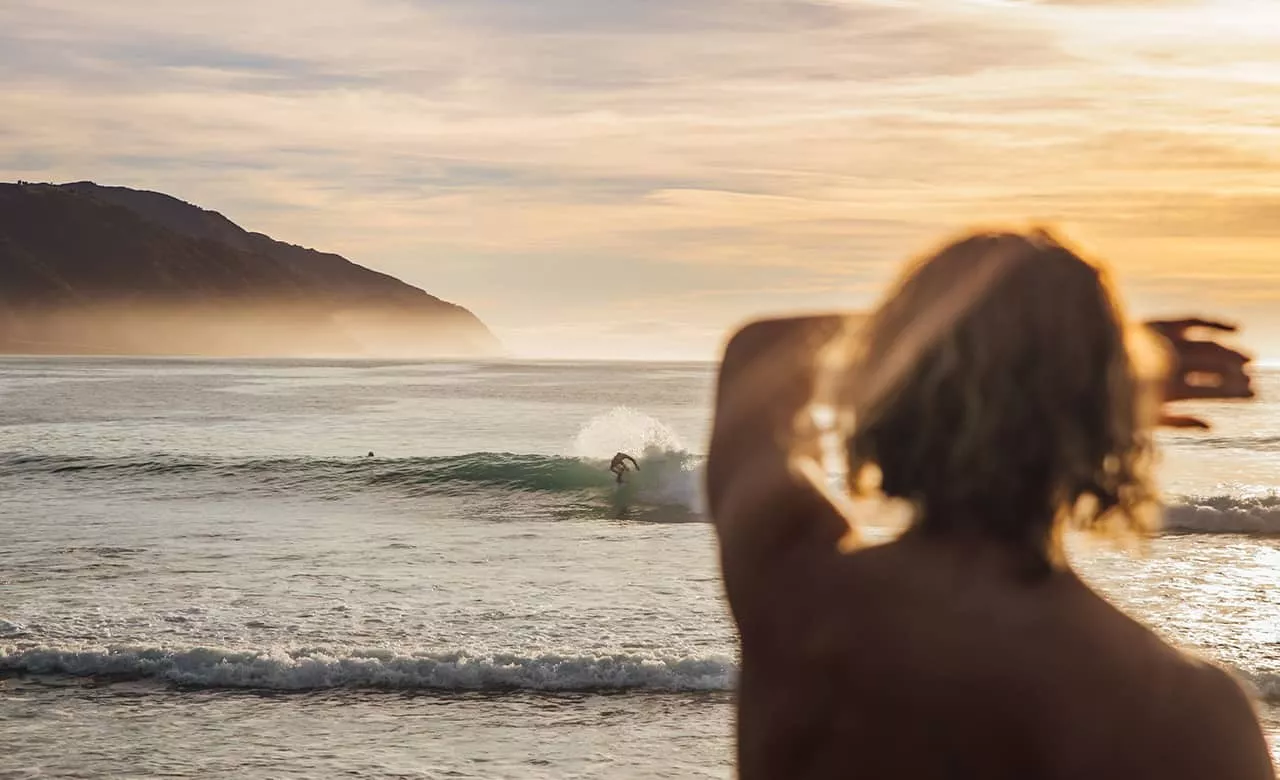

As we embrace sunny days at the beach, it’s crucial to prioritize skin protection and environmental consciousness. The right sunscreen not only shields your skin from harmful UV rays but also safeguards the delicate marine ecosystems. In this guide, we’ll explore the best sunscreen options that ensure your well-being and contribute to the health of our oceans.
Part 1: Sunscreen for You
- Broad-Spectrum Protection: Look for sunscreens labeled “broad-spectrum,” as they shield your skin from both UVA and UVB rays. UVB rays cause sunburn, while UVA rays penetrate deeper and contribute to premature aging and skin damage.
- SPF Matters: Choose a sunscreen with a Sun Protection Factor (SPF) of at least 30. SPF 30 filters about 97% of UVB rays, providing a solid balance between protection and wearability.
- Water and Sweat Resistance: Opt for water and sweat-resistant formulas, especially if you’re engaging in water activities. Keep in mind that even these sunscreens should be reapplied every two hours.
- Mineral vs. Chemical Sunscreens: Mineral sunscreens contain zinc oxide or titanium dioxide, sitting on your skin’s surface and deflecting UV rays. They’re often considered safer for both you and the environment. Chemical sunscreens, on the other hand, absorb UV rays and can sometimes have ecological impacts.
Part 2: Sunscreen for the Ocean
- Reef-Friendly Formulas: Many traditional sunscreens contain oxybenzone and octinoxate, chemicals harmful to coral reefs. Choose reef-friendly sunscreens that omit these ingredients and opt for mineral-based formulations.
- Biodegradable and Non-Toxic: Look for sunscreens that are biodegradable and free from harmful chemicals like parabens and phthalates. These formulations are less likely to harm aquatic life and ecosystems.
- Cruelty-Free and Vegan Options: Support brands that do not test on animals and offer vegan sunscreen alternatives. This contributes to a more ethical and sustainable skincare routine.
- Minimal Packaging: Consider sunscreens that use eco-friendly packaging or offer refill options to reduce plastic waste and its impact on marine life.
Top Recommendations
- Badger Active Mineral Sunscreen SPF 30: A mineral-based, reef-friendly option that provides effective protection without harming marine life.
- Alba Botanica Sensitive Mineral Sunscreen SPF 30: This sunscreen is fragrance-free, vegan, and coral reef safe, making it an excellent choice for both you and the ocean.
- Coola Mineral Sun Silk Crème SPF 30: With an emphasis on sustainability, Coola’s formula is non-nano, cruelty-free, and housed in recyclable packaging.
- Raw Elements Face + Body Sunscreen SPF 30: This sunscreen is water-resistant for up to 80 minutes and offers a biodegradable, reef-safe formula that ensures the well-being of both your skin and the ocean.
Conclusion: Choosing the best sunscreen is a powerful decision that affects not only your skin’s health but also the well-being of our oceans. By opting for broad-spectrum protection, reef-friendly, biodegradable, and ethical formulations, you can bask in the sun’s glory while being a responsible steward of the environment. Remember, a small change in your sunscreen choice can lead to a big positive impact on both you and the ocean.






